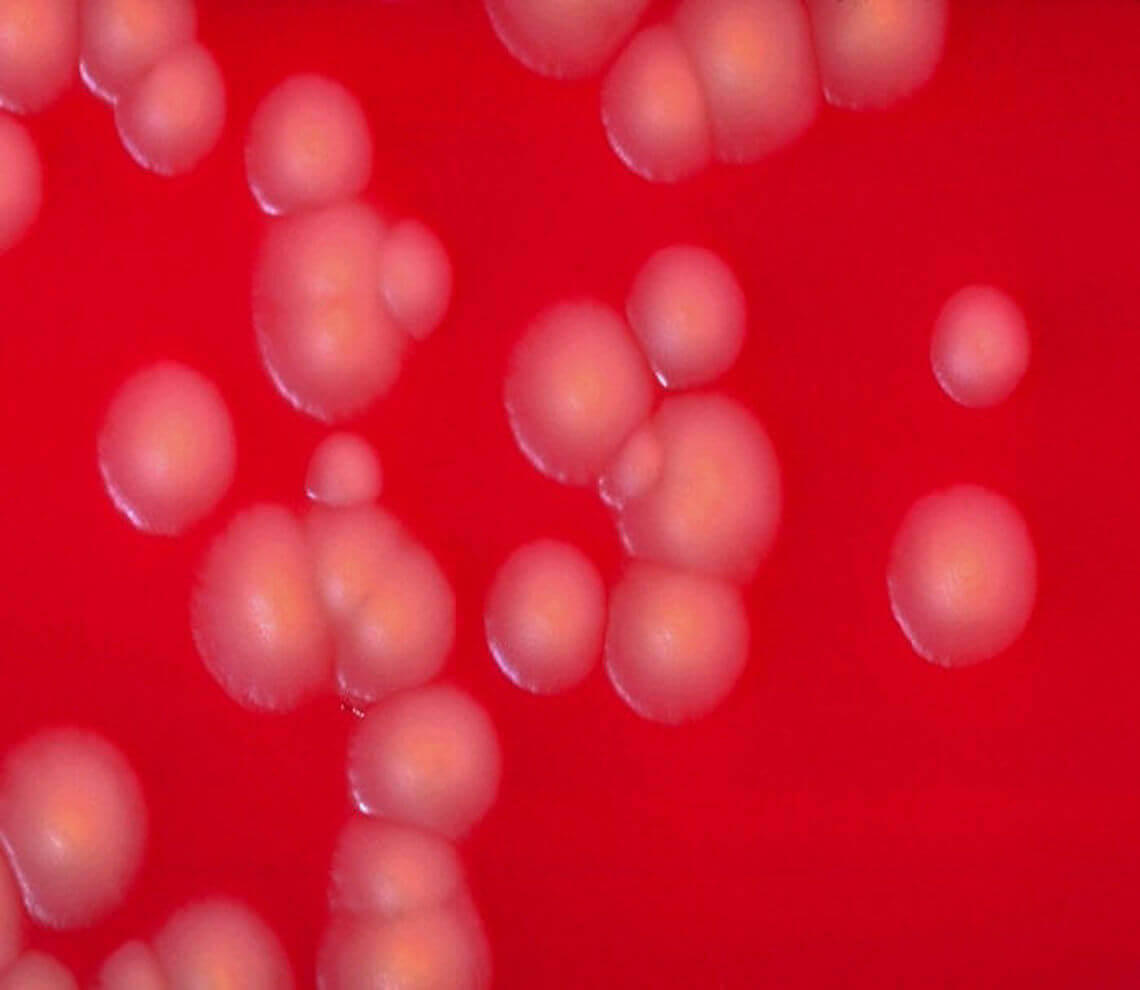- Our Suppliers
- MBS Monoclonals
- Mouse Anti-Human CD106/VCAM-1-PE
Product short description
Price:
343 EUR
Size:
100 Tests
Catalog no.:
GEN674161
Product detailed description
Gene name
N/A
Gene name synonims
N/A
Other gene names
N/A
Concentration
N/A
Purification method
N/A
Other names
N/A
Clone
1.G11B1
Clonality
Monoclonal
Immunoglobulin isotype
Mouse IgG1
Latin name
Mus musculus
Also known as
CD106 (VCAM-1)
Host organism
Mouse (Mus musculus)
Subcategory
Mnoclonal antibodies
Category
Secondary Antibodies
Form/Appearance
R - phycoerythrin (R - PE) Conjugate
Tested applications:
ELISA; Flow Cytometry; Immunohistochemistry (Frozen Sections); Western Blot
Description
This antibody needs to be stored at + 4°C in a fridge short term in a concentrated dilution. Freeze thaw will destroy a percentage in every cycle and should be avoided.
Species reactivity
Human (Homo sapiens); Due to limited knowledge and inability for testing each and every species, the reactivity of the antibody may extend to other species which are not listed hereby.
Properties
Human proteins, cDNA and human recombinants are used in human reactive ELISA kits and to produce anti-human mono and polyclonal antibodies. Modern humans (Homo sapiens, primarily ssp. Homo sapiens sapiens). Depending on the epitopes used human ELISA kits can be cross reactive to many other species. Mainly analyzed are human serum, plasma, urine, saliva, human cell culture supernatants and biological samples.
Test
MBS Monoclonals supplies antibodies that are for research of human proteins.Mouse or mice from the Mus musculus species are used for production of mouse monoclonal antibodies or mabs and as research model for humans in your lab. Mouse are mature after 40 days for females and 55 days for males. The female mice are pregnant only 20 days and can give birth to 10 litters of 6-8 mice a year. Transgenic, knock-out, congenic and inbread strains are known for C57BL/6, A/J, BALB/c, SCID while the CD-1 is outbred as strain.
Storage and shipping
The purified antibody (UNLB) is supplied as 0.1 mg purified immunoglobulin in 1.0 mL of phosphate buffered saline containing 0.1% PBS/NaN3 and a stabilizing agent. Store the antibody ats should be kept in the range of 1-7 degrees Celsius.. The fluorescein (FITC) conjugate is supplied as 100 tests in 1.0 mL of PBS/NaN3. Store the antibody ats should be kept in the range of 1-7 degrees Celsius.. The biotin (BIOT) conjugate is supplied as 100 tests in 1.0 mL of PBS/NaN3 and a stabilizing agent. Store the antibody ats should be kept in the range of 1-7 degrees Celsius.. The R-phycoerythrin (R-PE) is supplied as 100 tests in 1.0 mL of PBS/NaN3 and a stabilizing agent. Store the antibody ats should be kept in the range of 1-7 degrees Celsius.. Do not freeze! Protect conjugated forms from light. Reagents are stable for the period shown on the label if stored as directed.
Specificity and cross-reactivity
Human CD106/VCAM-1 CD106, also known as INCAM-1, is a 100-110 kDa vascular adhesion cell adhesion molecule-1 (VCAM- 1) that is member of the immunoglobulin superfamily. CD106 is expressed predominantly on cytokineactivated vascular endothelium but has also been identified on interfollicular dendritic cells, some macrophages and bone marrow stromal cells. Endothelial CD106 binds the integrins alpha 4 beta 1 (CD49d/CD29, VLA-4) and alpha 4 beta 7 and contributes to extravasation of lymphocytes, monocytes, basophils and eosinophils (but not neutrophils) from blood vessels, particularly at sites of inflammation. Unlike the beta 2 integrins, the CD106-VLA-4 interaction can mediate both the initial tethering and rolling of lymphocytes on endothelium as well as their subsequent arrest and firm adhesion. CD106 expressed on non-vascular tissues has been implicated in the interaction of hematopoietic progenitors with bone marrow stromal cells, B cell binding to follicular dendritic cells, costimulation of T cells, and embryonic development. The monoclonal antibody 1.G11B1 inhibits in vitro binding of lymphocytes and monocytes to VCAM-1 on stimulated endothelium.1-4 ; Since it is not possible to test each and every species our knowledge on the corss reactivity of the antibodies is limited. This particular antibody might cross react with speacies outside of the listed ones.
© Copyright 2016-Tech News . Design by: uiCookies

